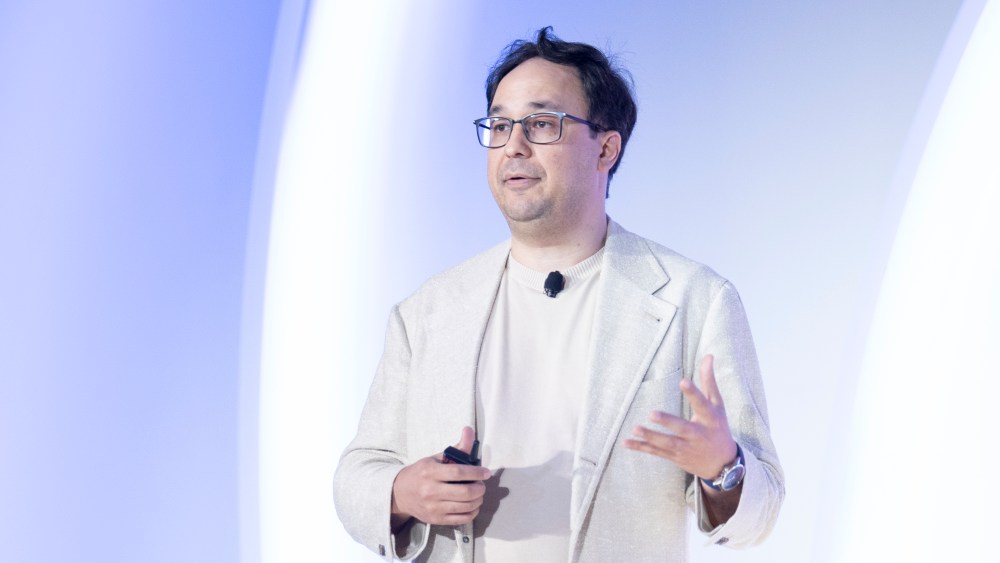Nick Howard, Director of Global Strategy at EveLab Insight, discussed two key topics in the retail and beauty sectors and whether personalization through artificial intelligence is possible in the age of data privacy.
EveLab Insight is an artificial intelligence skin analysis company. It is able to identify 40 different skin problems in about 30 seconds through a database of 10 million images labeled by dermatologists.
Howard predicts that 10 years from now, consumers will be able to take a photo and assess all the different skin health concerns such as pigmentation, allergies, autoimmunity or immune deficiency.
Health, beauty and wellness are more interconnected than ever across the industry. Howard said that while beauty is subjective, healthy skin isn't — how humans view our skin and how we perceive and understand our health are largely “independent.” Used”.
EveLab released a preliminary study last year that looked at 400,000 women in a controlled skin analysis environment. The results found that women age “everywhere, all but not all at once”. Howard noted that aging is not a linear progression, it is actually a regression line. Another notable factor is looking at the normal order in which people age—based on region, gender, race, environment, and more.
The beauty industry is already discussing how AI and skin care are being talked about in a more personalized and retail space. Howard said there will come a time when a consumer walks into a store and a brand offers a product specifically for the consumer: when they need it, how they need it and that product. What will you do with
Eve Lab Insight at the WWD Beauty CEO Summit
Kate Jones
Howard said he presented the keynote as a question “because it's not an answer yet.” While we currently live in an era of data privacy, brands must now be more predictive of consumers' individual needs and desires with less information.
AI is intelligence, which requires learning and questions. To continue learning, more information is always an important component. Retail partners are discussing how at a minute level they can understand consumer behavior, purchasing, consumer spending habits, how consumers engage with the brand and more.
“More than just an intelligence, AI is a potential engine,” Howard said. “It's not an answer engine. It's looking at what's likely. The AI is figuring out what the expectations are and how we make it work for you.
Noting the segmentation of consumer behavior and understanding loyalty programs, Howard questions whether personalization can be achieved by brands without providing consumers with deeply personal information.
“Bringing the science into it and seeing how it all pulls together makes a big difference in how we build AI algorithms and how we start to model how they work,” Howard said. Howard said.
Howard concluded that in order to succeed in personalization, companies need to ask themselves what questions they are asking themselves and what data they are bringing to their AI model to make it work for everyone. be
